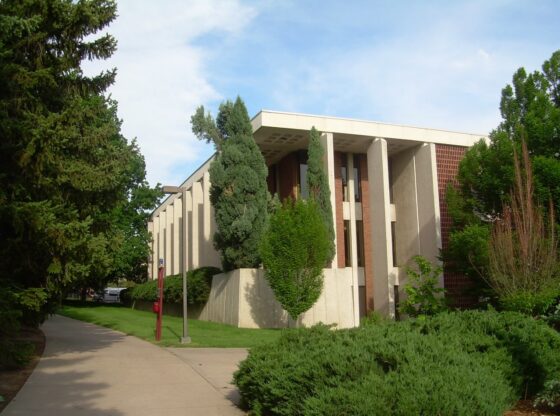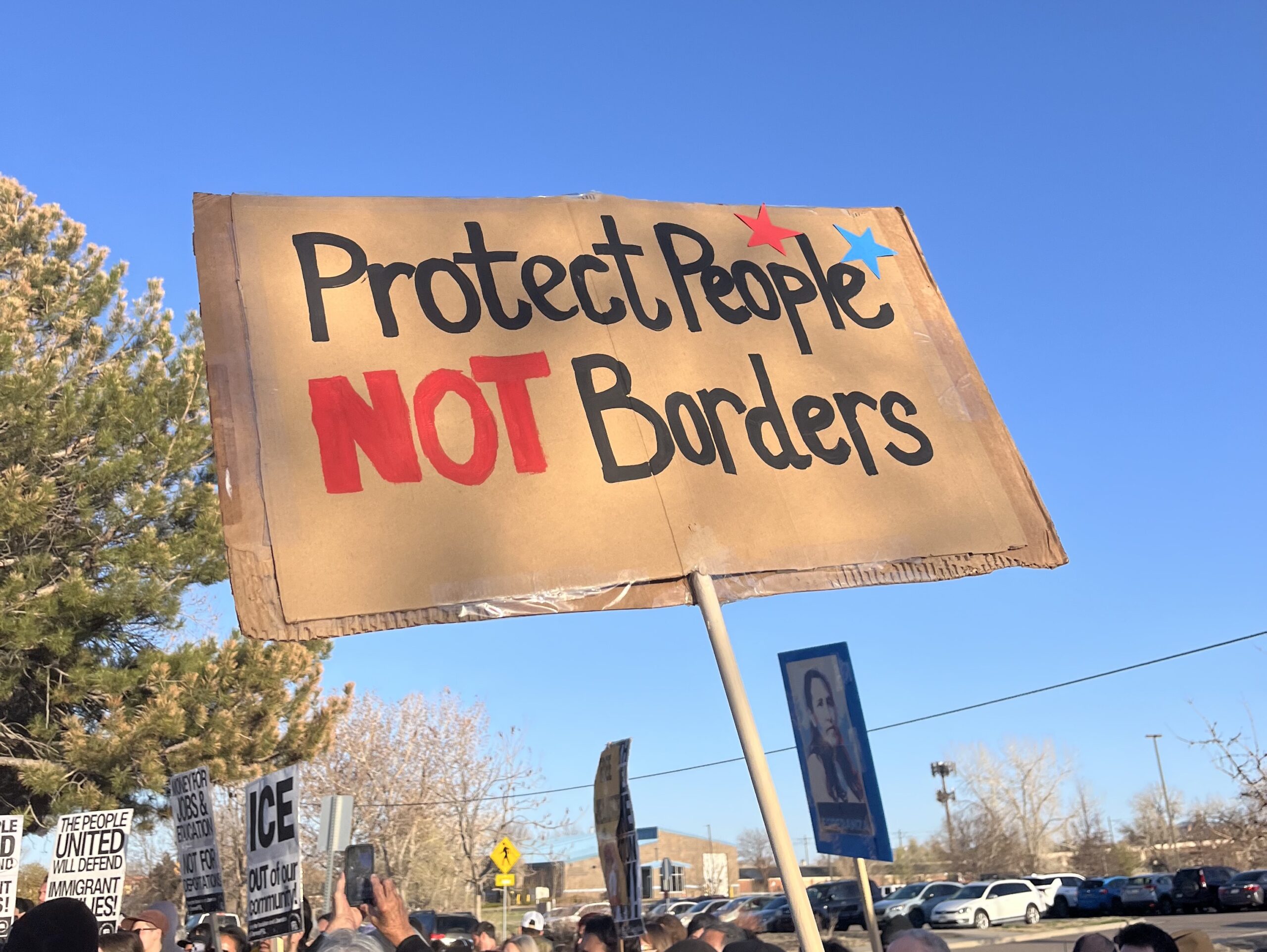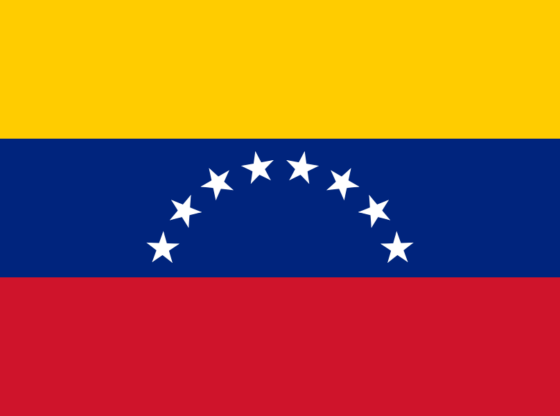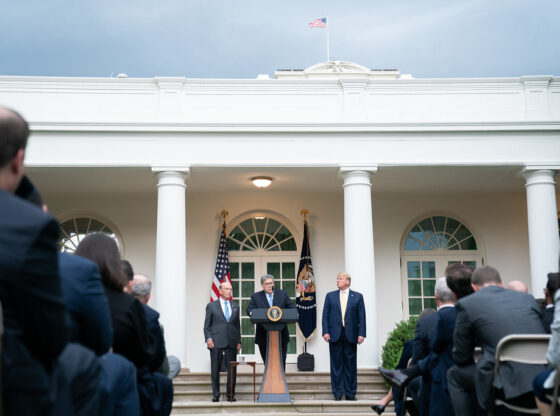On Thursday, Oct. 6, President Joe Biden announced an executive order to pardon federal marijuana possession charges. This pardon will affect thousands of individuals, significantly black communities who have faced decades of targeted drug enforcement policies.
Biden stated “no one should be in jail just for using or possessing marijuana…And that’s before you address the racial disparities around who suffers the consequences. While white and Black and brown people use marijuana at similar rates, Black and brown people are arrested, prosecuted and convicted at disproportionate rates.”
“It’s legal in many states, and criminal records for marijuana possession have led to needless barriers to employment, housing, and educational opportunities,” he continued.
As Troy Datcher, CEO of San Jose, CA-based omnichannel cannabis platform The Parent Company, said, “This is a critical first step towards addressing the wrong of ‘The War on Drugs,’ which over decades resulted in the disproportionate incarceration of communities of color in America. We encourage Governors across the country to follow President Biden’s lead and pardon those convicted of cannabis possession at the state level, which comprise the vast majority of those convicted of cannabis crimes.”
CEO and co-founder of cannabis lender Bespoke Financial, George Mancheril, stated “While this is a big step in the right direction, with November elections so close and Democrats expected to lose control of Congress, we think legislative change will face significant political headwinds and likely require two years to be achieved.”
This pardon does not mean weed is now federally legal. However “marijuana is classified as a Schedule 1 illegal drug with no medical uses” which categorizes it next to heroin and LSD. Biden’s call to reassess marijuana’s scheduling will break down barriers to legalization by reshaping federal policy.
What’s the precedent to this? During his presidency, Barack Obama attempted to treat marijuana like tobacco yet opposed its legalization. He stated, “As a general matter, I think that we have to separate out legalization — you know, there’s a lot of concern about drug abuse of any sort by our children and the general population — versus the heavy criminalization of non-violent drug offenses.”
What will this pardon mean for the path of a federal legalization of marijuana? As Datcher and Mancheril stated, this pardon is a crucial step in addressing decades long disproportionate incarceration of communities of color. In terms of looking at the future for full federal legalization, experts say the possible reclassification of the drug could be what has lasting effects.
Nina Patel, Southern Poverty Law Center’s Senior Policy Counsel for Decarceration and Criminal Legal System reform stated, “If at the federal level, it is completely de-scheduled, that would be a huge positive step and that would remove so many of the criminal barriers and criminal consequences for marijuana convictions at the federal level.”












